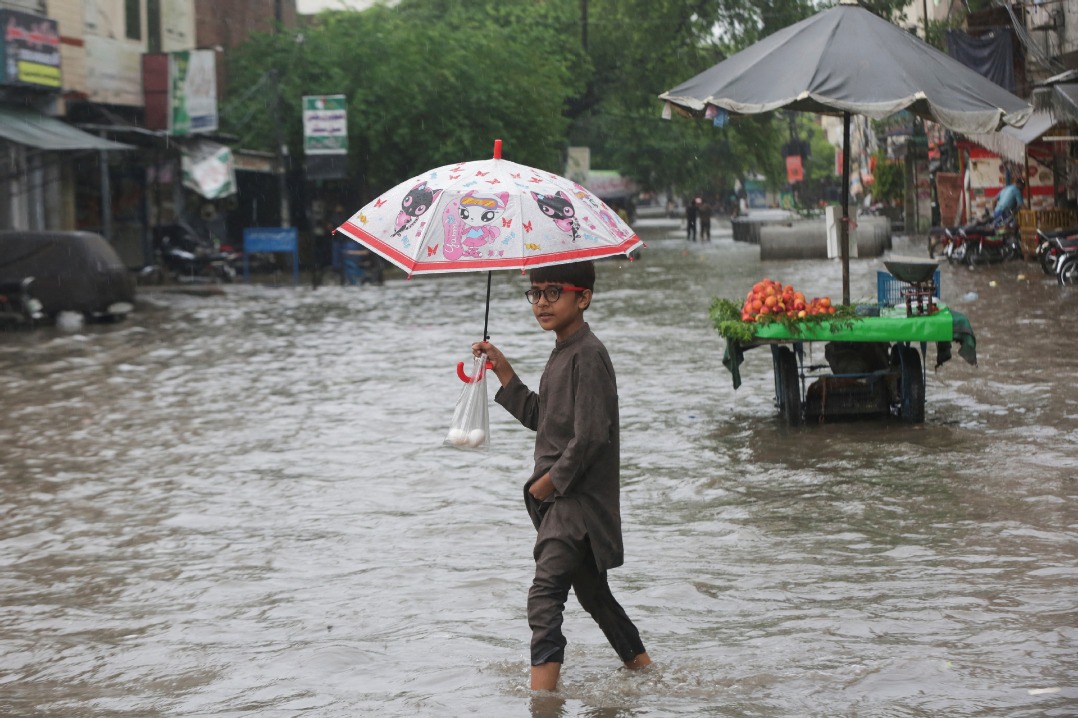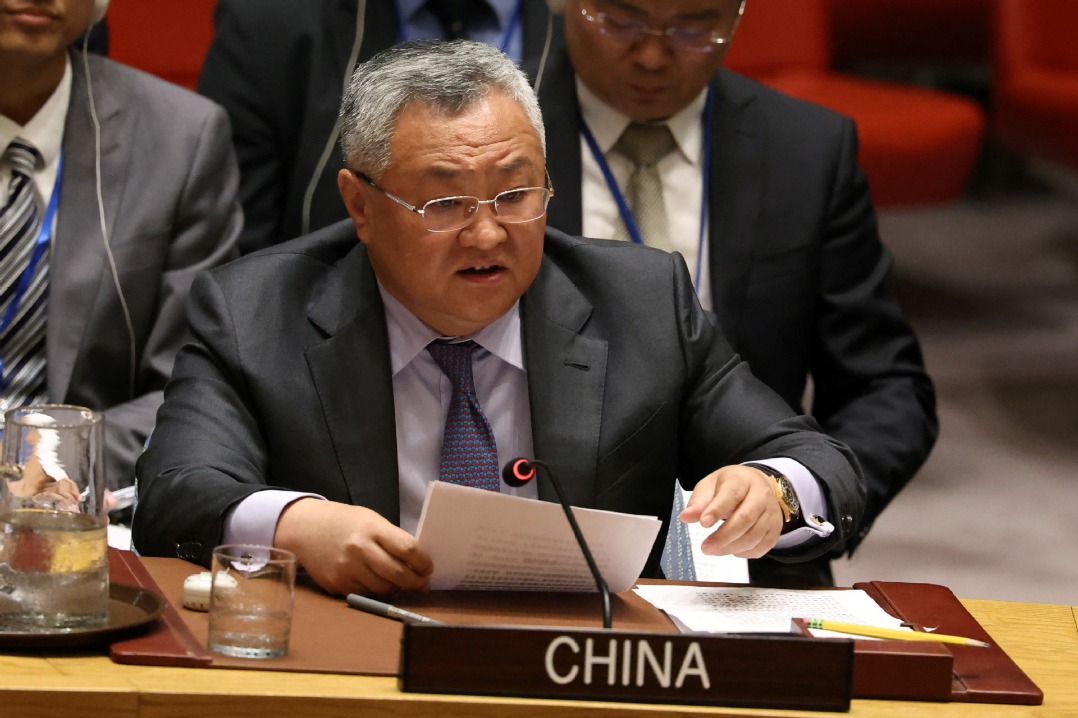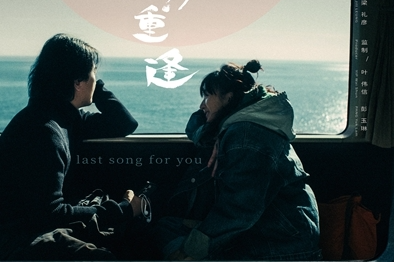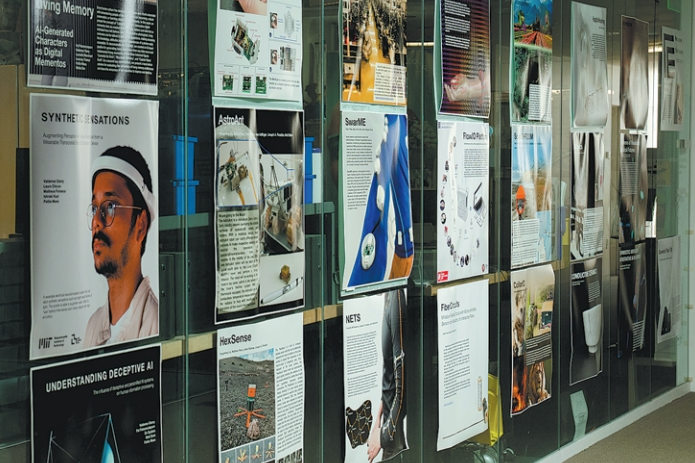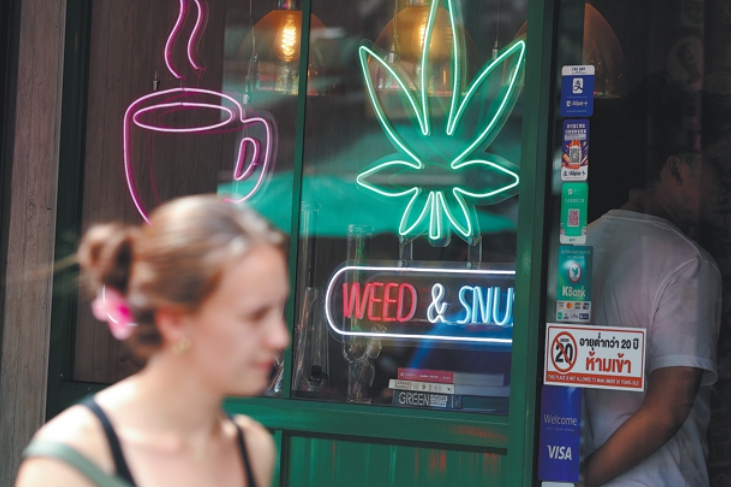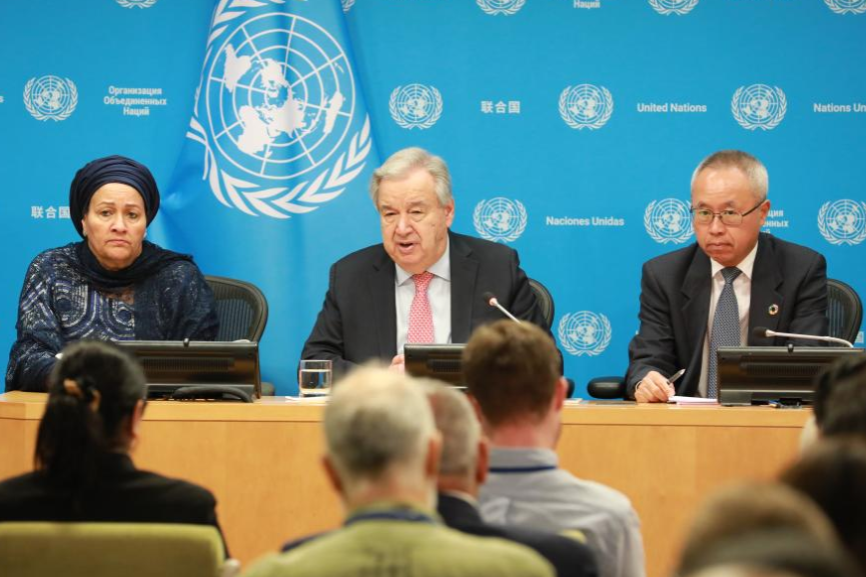Thailand moves to recriminalize cannabis industry

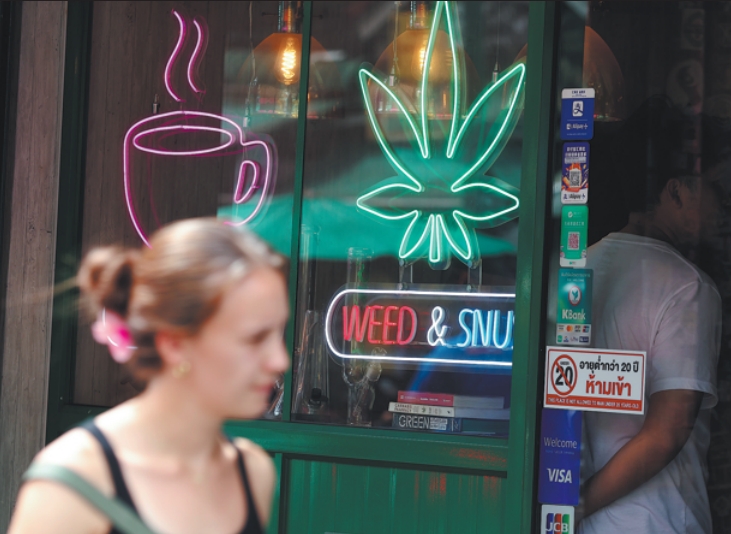
A sweeping regulatory change is set to dramatically reshape Thailand's burgeoning cannabis industry, with an estimated 12,000 cannabis flower shops facing potential closure as their current operating licenses expire later this year.
New draft ministerial regulations from the Department of Thai Traditional and Alternative Medicine will mandate the presence of specific medical professionals at these establishments.
Somruek Chungsaman, general director of the Department of Thai Traditional and Alternative Medicine, announced on June 30 that a new departmental notification regarding cannabis flower prescriptions is imminent. Once published in the Royal Gazette, this notification will introduce a stricter prescription form.
This form will require clear identification of the certifying professionals, who must belong to one of seven designated fields: general medicine, Thai traditional medicine, applied Thai traditional medicine, dentistry, pharmacy, Chinese traditional medicine practitioners, or folk doctors.
Crucially, their license number must be recorded with every prescription.
Patient details, including name, age, nationality, ID card number, and diagnosis, must also be meticulously documented, with prescribed quantities limited to a 30-day supply.
Current medical guidelines permit cannabis use for four conditions: epilepsy, nausea and vomiting from cancer treatment, neuropathic pain, and muscle spasticity.
Thai traditional medicine guidelines cover eight symptom groups, including nausea, vomiting, headaches, appetite loss, and cancer-related pain.
Somruek reiterated that all cannabis flower shops must obtain a proper operating license, adhering strictly to medical guidelines. Smoking cannabis on-site will be prohibited, and sales to the public or patients will only be permitted with a valid prescription from a designated professional.
Shops will be required to retain these prescriptions as evidence for monthly departmental inspections, while patients are advised to keep copies, particularly if possessing larger quantities of cannabis flowers.
Somruek added that the drafting of new ministerial regulations concerning shop licensing is currently underway. Following this, the Committee for the Protection and Promotion of Thai Traditional Medical Wisdom will convene before the draft is submitted to the Thai public health minister and subsequently to the Cabinet for final approval.
Harming society
Medical marijuana has been legal in Thailand since 2018, but decriminalization in 2022 meant it was no longer a crime to grow and trade marijuana or hemp products, or to use any parts of the plant to treat illnesses — a major move in a region notorious for harsh penalties toward illegal drugs.
Following legalization, the government intended to regulate the industry. But a legal vacuum emerged when this failed to materialize, and recreational use exploded across Thailand, particularly in areas popular with foreigners.
Thousands of cannabis dispensaries sprang up, as well as other cannabis-themed businesses like weed cafes, hemp spas and places offering beauty treatments. Cities like Chiang Mai and Bangkok have even held weed festivals, and decriminalization has been a major draw for tourists.
Those in support of greater regulation say the industry has grown out of control, and cited health concerns, cannabis use among children, and addiction, while complaints of tourists smoking in the street are reportedly growing on the Thai islands.
On the holiday island of Phuket, a plan has been proposed that would establish zones restricting where cannabis could be bought and sold.
A 2022 report released by Ministry of Commerce of Thailand estimated the industry could be worth $1.2 billion by 2025, though Somruek said there is currently "no clear estimate" of the industry's value "due to unregulated transactions".
Somruek said the new rules help plug that legal vacuum and prevent misuse.
"We are not shutting down cannabis shops, but we are prioritizing medical regulation," he said.
"Revenue may dip at first, but considering the social harm caused by unregulated use, the change is necessary … responsible, law-abiding businesses will remain stable and continue operating.
"Right now, cannabis addiction is rising and has become a social issue. It affects children, causes nuisance from unwanted odors," Somruek said. "Public safety must come first… the current cannabis industry is made up of scattered, unregulated shops."
The ban on advertising may also dramatically change the landscape of tourist hot spots such as Khaosan Road in the capital Bangkok, or beach towns like Pattaya, where hundreds of cannabis shops and cafes line the streets with their green neon signs, cannabis-shaped inflatables and catchy slogans enticing tourists to get high.
"We want to tell tourists they are welcome to enjoy Thailand's culture and nature — but Thailand should not be seen as a destination for recreational cannabis use," Somruek said.
THE NATION, THAILAND
















